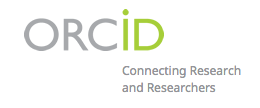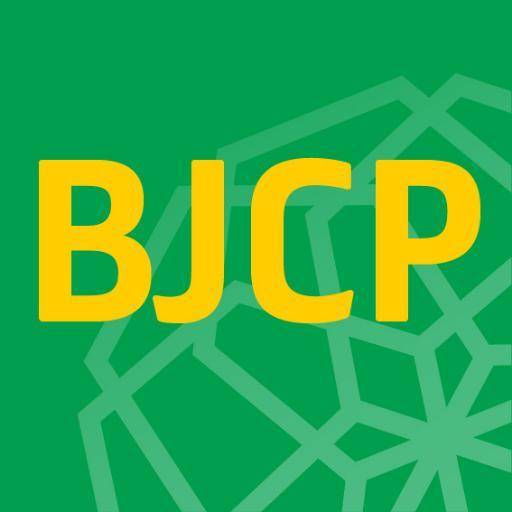Mentorship in academia facilitates personal growth through pairing trainees with mentors who can share insight and expertise.Expertise can be purely academic, on work‐life balance, personal branding and networking, or general career advice. Mentoring has been shown to be beneficial for mentees, both in terms of objective research productivity and subjective outcomes. Several institutions/organizations have formal in‐person mentoring programs that pair early‐ to mid‐career researchers with mentors who are not their direct supervisors. With global integration in science, however, geographical proximity between mentors and mentees is relevant to a lesser degree.




